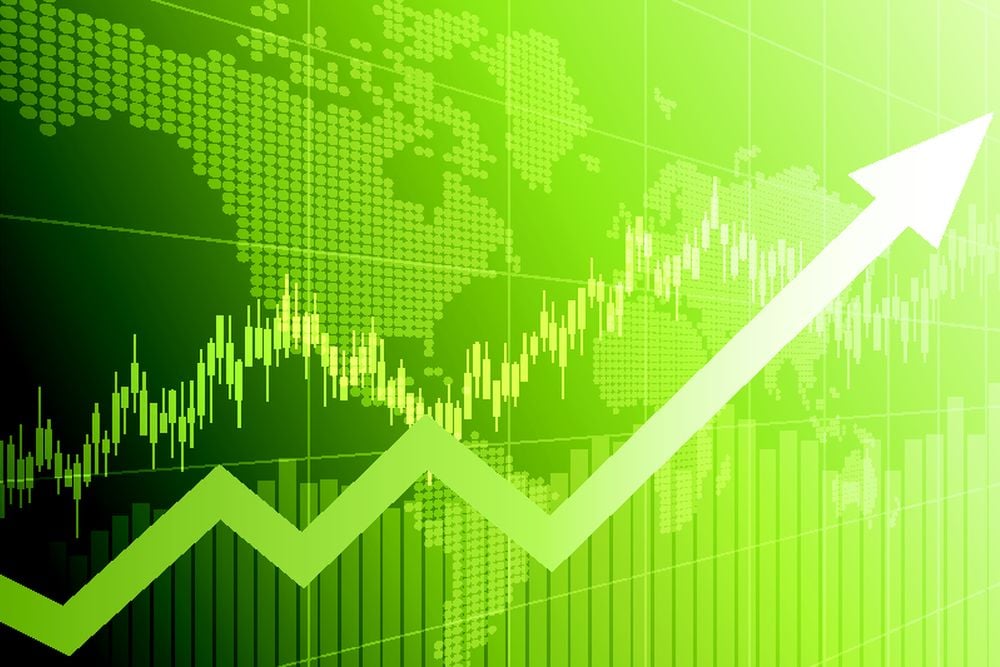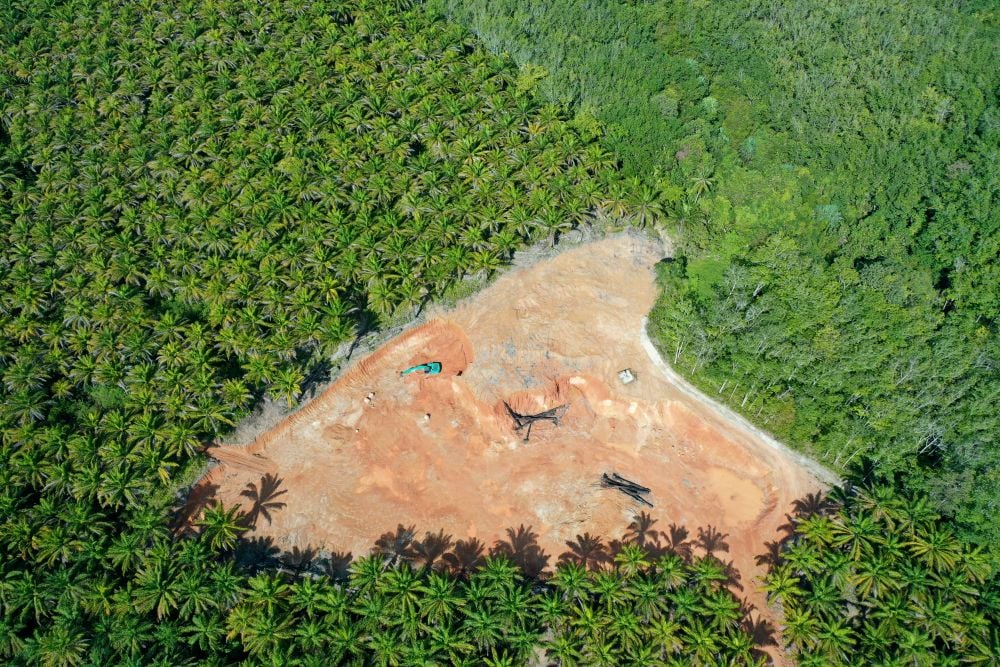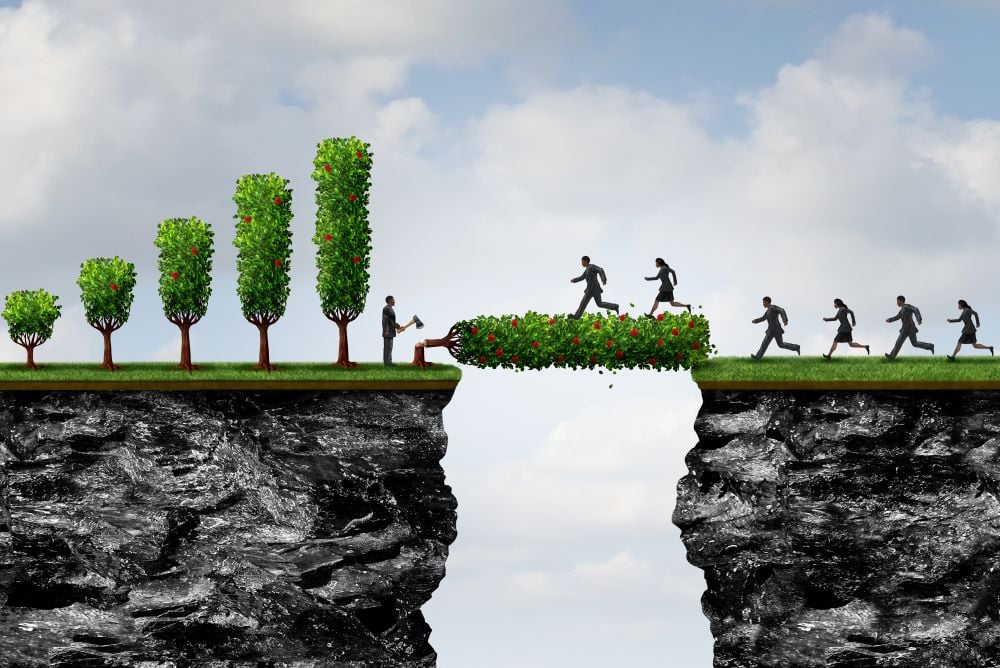Project Syndicate: In April, you and Josep Borrell [the EU’s high representative for foreign affairs] argued that the Ukraine war should accelerate progress on decarbonization, which is now a “strategic imperative”. But the war is also complicating decarbonization efforts. The European Commission’s action plan for ending dependency on Russian energy, REPowerEU, includes billions of euros in investment to import liquefied natural gas (LNG) and pipeline gas. And critics warn that an incipient wave of fossil fuel infrastructure projects could have a lock-in effect. What can be done to prevent a short-term embrace of alternative fossil fuel sources from turning into long-term dependency?
Werner Hoyer: I think we risk conflating two different issues here. Yes, this horrible war and the sudden reduction of Russian gas supplies mean that emergency measures are needed, in order to ensure that our lights don’t go out, that our houses stay warm during winter, and that we avert an economic crisis. New infrastructure projects to diversify Europe’s gas supplies are unavoidable.
But while such projects will be necessary, they will be only a stopgap. We should not lose sight of the big picture: our dependency on fossil fuels, including gas, is the cause of our woes, and perpetuating it is not a solution. That is why REPowerEU, which you mention, foresees some €200 billion (US$201 billion) in additional investments, mostly in renewable energies, energy efficiency, and power grids. In comparison, it anticipates that only €10 billion in investment in additional gas infrastructure will be needed to compensate fully for the loss of Russian gas imports. As you can see, the difference is a matter of orders of magnitude.
So, the direction of travel is clear, and we are putting our money where our mouth is. We have already invested heavily in clean energy for many years, and we are also massively supporting innovation in “clean tech”; floating offshore wind, battery storage, and renewable hydrogen are just some examples. Now, we are focusing on innovation in so-called hard-to-abate sectors, like steel and chemicals, where no economical low-carbon alternative to natural gas currently exists, and where fossil fuel dependencies are particularly strong.
PS: Europe’s efforts to reduce its reliance on Russian energy have also led countries to Africa’s doorstep. Here, too, critics lament that addressing short-term supply shortfalls could leave countries locked into long-term contracts, undermining global climate goals and distorting African development. Last year, you highlighted some of the ways the European Investment Bank (EIB) is supporting development in Africa, including the continent’s ability to “leap-frog directly into a greener future”. Amid an escalating energy crisis, is the EIB reconsidering its commitment not to fund fossil-fuel projects in Africa? How can the EIB and others help ensure that European efforts to secure energy supplies do not lead to “forsaken futures” in Africa?
WH: The short answer to your first question is no. We at the EIB are not reconsidering our lending policy, which excludes funding to unabated fossil fuel projects in Africa. The future lies with sustainable energy sources. The current crisis does not change that.
We are currently financing access to clean and reliable energy for millions of people in Africa. For example, we are supporting solar energy in Zambia, wind power and geothermal projects in Kenya, and hydropower in Liberia, Ghana, and Madagascar. We are also supporting off-grid solutions that will improve access to energy for households and micro-entrepreneurs.
This is also where I see enormous development opportunities for Africa. The continent has the potential to become a key exporter of renewable hydrogen. Excellent sun and wind conditions in Africa create opportunities for a mutually beneficial partnership with Europe: we can share cutting-edge technologies with Africa, in exchange for large volumes of green hydrogen. This win-win arrangement would allow both sides simultaneously to strengthen their energy base and decarbonize their economies. In this sense, yes, I believe we have to stand at Africa’s doorstep – not for oil and gas, but for green energy.
PS: Climate justice is inextricably linked to adaptation, which scientists warn will be essential to limit the consequences of unavoidable warming, particularly in vulnerable regions. The EIB has placed a high priority on supporting mitigation efforts – a topic you discussed in a 2021 commentary with [European Commission president] Ursula von der Leyen. But what is it doing to support adaptation?
WH: Some of the consequences of climate change and environmental degradation are indeed now unavoidable. That is why we are integrating adaptation considerations into all of our infrastructure projects globally. All kinds of infrastructure – from roads and railways to hospitals – should be constructed in such a way that they can withstand more frequent extreme weather events. But, while these are typically highly beneficial investments, they often do not receive the attention they deserve. We must make sure that they are not forgotten.
At last year’s United Nations Climate Change Conference (COP26), the EIB launched its first dedicated Adaptation Plan to support projects around the world that aim to strengthen climate resilience. By 2025, adaptation will account for 15% of our total financing for climate action – almost triple the equivalent amounts earmarked during the 2015-20 period.
We want to increase the impact of our operations not only in Europe, but worldwide. Our new development-finance arm, EIB Global, supports solutions to protect people, businesses, and ecosystems in vulnerable regions. One example: we hope to contribute to the Africa Adaptation Acceleration Programme, created by the African Development Bank and the Global Center on Adaptation to mobilize US$25 billion over five years to accelerate and scale up climate-change adaptation in Africa.
PS: What lessons does the EIB’s experience mobilizing investment in climate and environmental-sustainability projects hold for efforts to persuade rich countries finally to meet their financing commitments for climate action, especially adaptation projects?
WH: I believe that we have seen some very encouraging developments over the last years. Clean technologies have become cost competitive, and support among public and private actors has been increasing. While progress has often not come fast enough, I am optimistic that the current energy crisis will serve as a wake-up call and generate the right momentum.
The key lesson I would draw from the EIB’s experience is that the private sector must be involved in this global effort. Public coffers are simply not big enough to bankroll the gigantic investment needed for a global net-zero transition. The mobilization of private investment is key. This will require some public subsidies, but mainly the right regulatory frameworks.
We at the EIB are doing our part, working very closely with European Union member states, our shareholders, and countries and financial institutions from around the world to mobilize public and private climate finance at scale. We have developed targeted financial instruments to support investments that are economically viable, but do not receive sufficient commercial finance. For instance, at COP26, the EIB launched the Emerging Market Climate Action Fund – a dedicated fund for climate mitigation and adaptation investments in Africa, Asia and Latin America that was recently endorsed by the G7 at its summit in Germany.
Let me also remind you that 15 years ago, the EIB issued the world’s first green bond. Today, the green, social and sustainability bond market is worth trillions. Financial markets can play an important key role in tackling climate change and achieving the UN Sustainable Development Goals.
PS: From decarbonization to climate justice, what actions or objectives should be at the top of the COP27 agenda?
WH: The EIB will bring to COP27 concrete initiatives and lessons from projects on the ground, highlighting our commitment to supporting clean energy solutions, innovation and a just transition, within the EU and globally.
Let me focus here on support for innovation – an area where the EIB has a long track record. For example, we have supported the offshore wind sector since its infancy in the early 2000s, when commercial banks considered the technology too risky. We recently financed the first European gigafactory for the manufacture of lithium-ion batteries in Sweden, as well as facilities for the production of green fertilizer and green steel (using renewable hydrogen) in Spain and Sweden.
Support for innovation in hard-to-abate sectors will be the focus of our activities over the coming years. These sectors account for nearly one-third of global greenhouse gas emissions, and produce things that we will continue to need in a net-zero world. Advancing their decarbonization is thus critical not only to bolster the fight against climate change, but also to enable Europe to end its dependence on Russian energy.
Again, tapping private capital markets will be key to making the transition a success. In the aftermath of the 2008 global financial crisis and during the Covid-19 pandemic, the EIB showed how a public bank can mobilize hundreds of billions of euros in private capital through modern financial instruments. We are currently working on similar instruments to do the same for clean energies. We expect our partners in the international community and the private sector to show a similar commitment. What is needed is a mobilization of resources commensurate to the scale of the crisis we are facing.
Werner Hoyer is the president of the European Investment Bank.
Copyright: Project Syndicate









